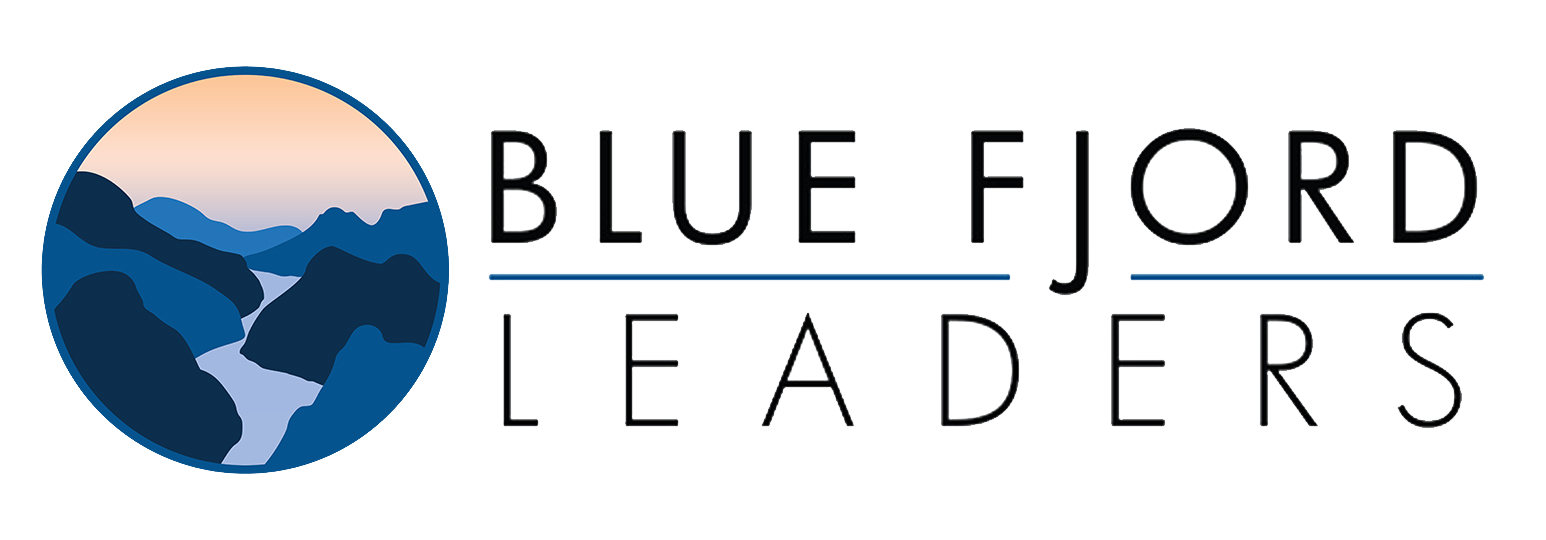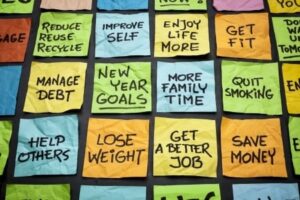Each year we make them and break them in short order. Why continue to do the same thing over and over? Your New Year’s resolution doesn’t have to be hard or frustrating. This year, make your resolutions meaningful, achievable and impactful. How? Try this…
- Identify one thing that would feel good and would make a difference.
- Write it down and keep it in plain view.
- Track your progress each week.
Let’s look at each step.
1. What is one thing that, if accomplished, would feel good to you? I use the word “feel” intentionally. All too often, we focus on the activities that we think we should. What you think is less motivating than how you feel. What would feel good to you? Saving for a great vacation, taking a class in your favorite hobby, spending more time with charity work, improving your fitness level, working on the project that you care about? Pick one.
For me, I resolve to reinvigorate my meditation practice. In the past, I meditated regularly and found it to be calming and provide regular insights into my work and life, but I allowed work to take over. I feel that a regular mediation practice would be a positive addition to my life and work.
2. Next, write it down. There is power that comes from conceiving a new resolution. There is even greater power that comes from writing it down– by hand. Creating the written goal, I find, activates a creative process of crafting the idea. Be specific so that you know when you achieve the goal. Further, I suggest that you place it in multiple places where you will bump into it. The constant reminder is key.
Here’s what I wrote on several sticky notes. “I am meditating five times per week for 10 minutes plus once on the weekend for 20 minutes.” I will place one sticky note on the computer screen in my office; one on the nightstand next to my bed; and one on the kitchen counter where all the stuff in the house accumulates. I also have an app on my phone that contains my to-do list so that I must check it off or cancel it every day.
3. Now you need accountability. How can you track your progress on a regular basis? If your resolution is monetary, what can you measure (amount saved each week, perhaps)? If you have a fitness goal, what specifically can you track (number of steps, days at the gym)? And do you need to kit yourself out with things like workout hoodies for it, so it can feel easier to start? If you want to spend more time on the big project, school, community or with your family, what can you quantify (number of hours allocated)? Once you identify the accountability metric, define how to track it. You might use a calendar to note the weekly progress; record it in your phone; add it to the sticky note. You need to see the progress or lack of progress.
For example, I have a large calendar in my office to track speaking and consulting events. I make a tick mark each day when I meditate and add them at the end of the week. I get a mental pat-on-the-back each time I achieve my resolution.
Your New Year’s resolution is not just a resolution – you are rewiring your brain to create a new habit. It takes repetition. The resolution gets you started and the habit keeps you going. Let’s all get started with a New Year that feels right!






0 Comments